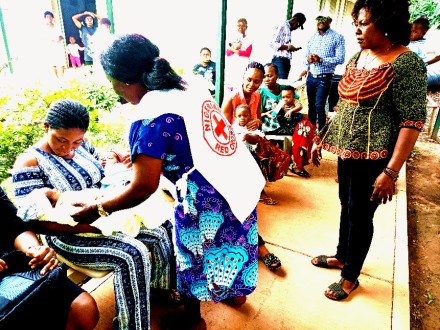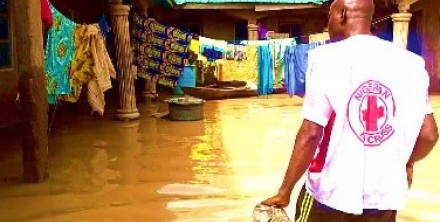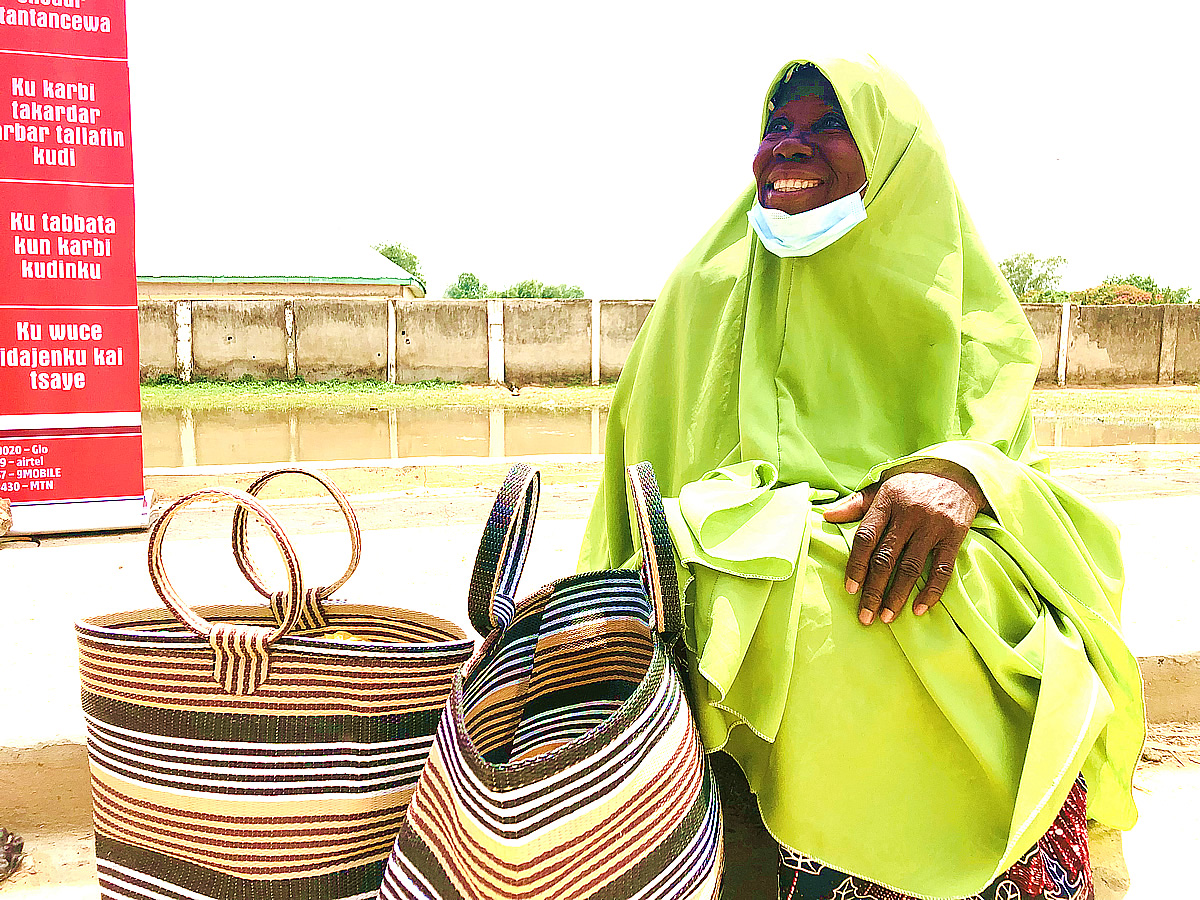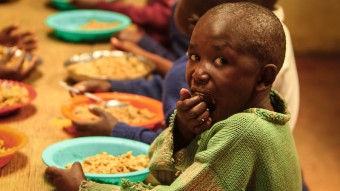Our Health and Care program tries to help vulnerable people prevent and control common diseases in their environment. We do this by teaching and showing them how to take responsibility for their own health and look after themselves.
We work with our partners, the Federal Ministry of Health and the National Primary Healthcare Development Agency to prevent and control the spread of disease. Recently there have been cholera, polio, guinea worm, meningitis and more recently, COVID-19 and Diphtheria outbreaks.
Here is a rundown of the projects that we are currently tackling side by side with the Nigerian Health Authorities, in a bid to prevent and control the spread of disease in Nigeria.




